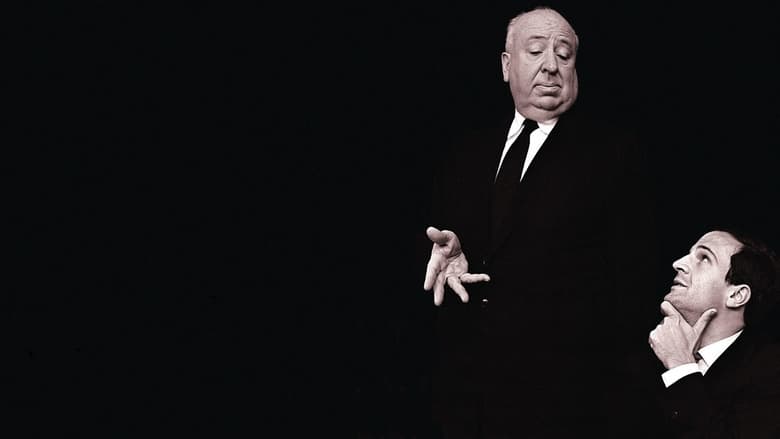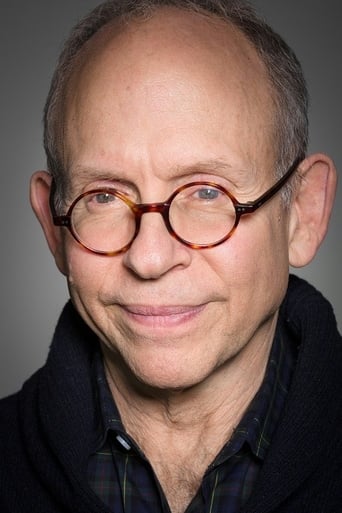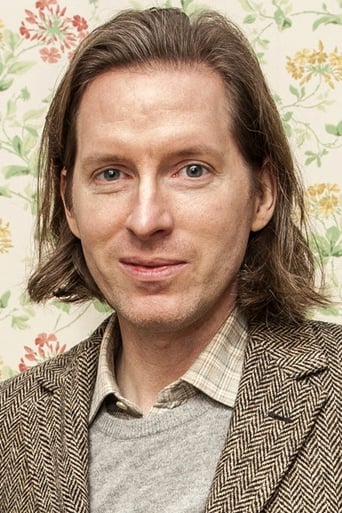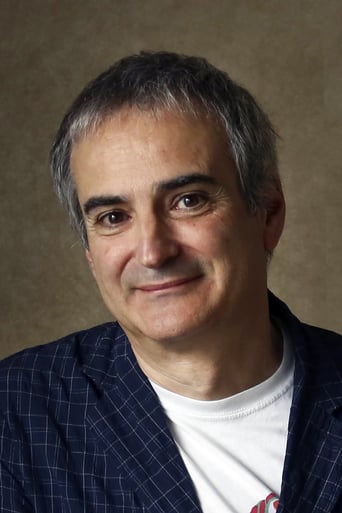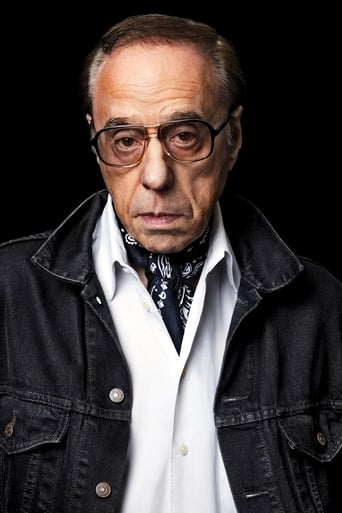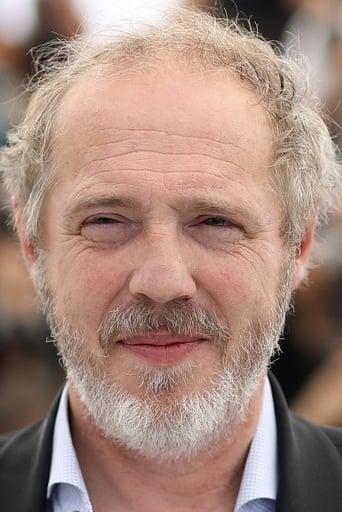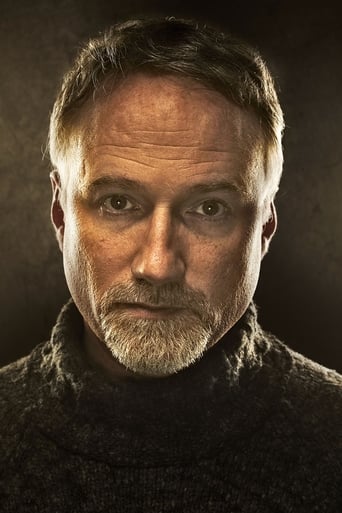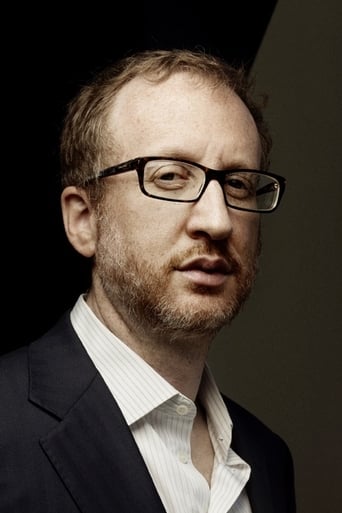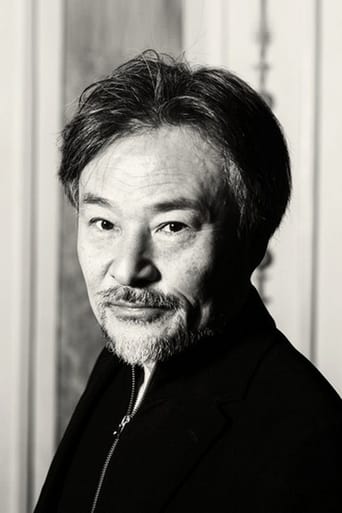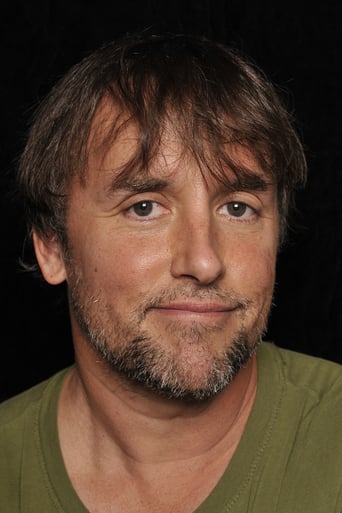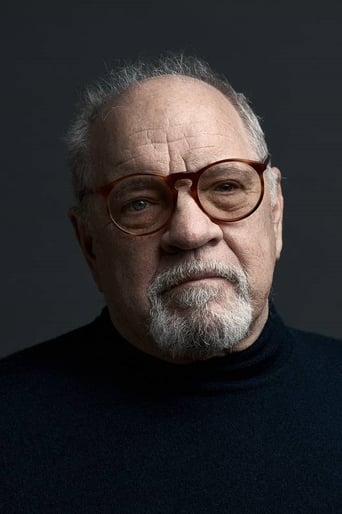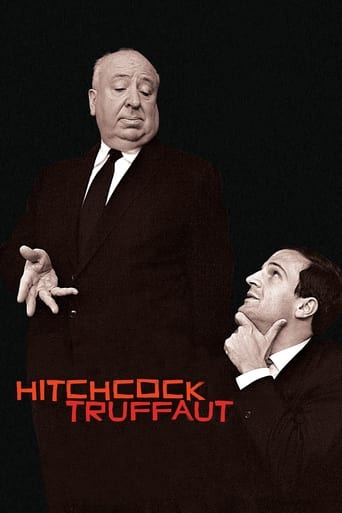
Filmmakers discuss the legacy of Alfred Hitchcock and the book “Hitchcock/Truffaut” (“Le cinéma selon Hitchcock”), written by François Truffaut and published in 1966.
Similar titles
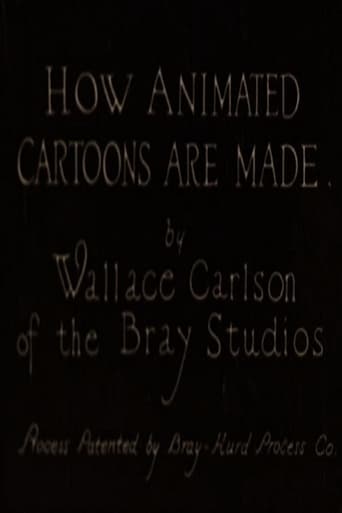
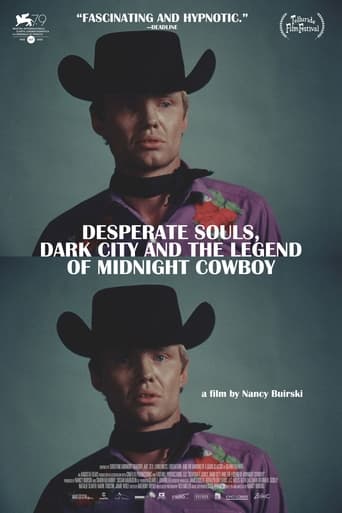
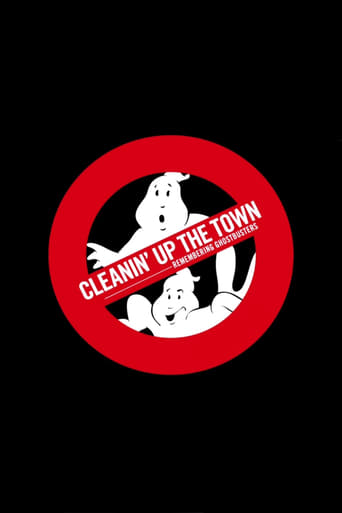
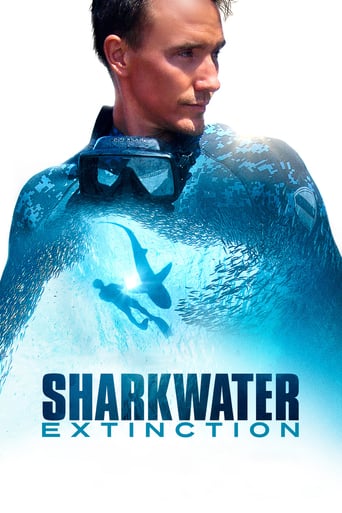
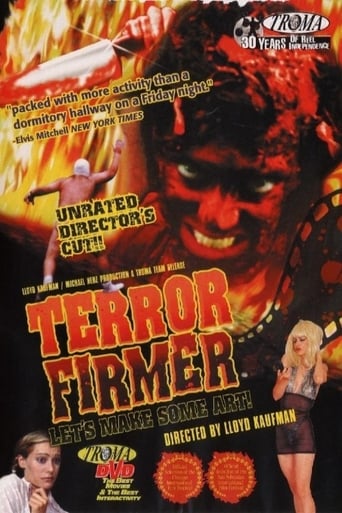
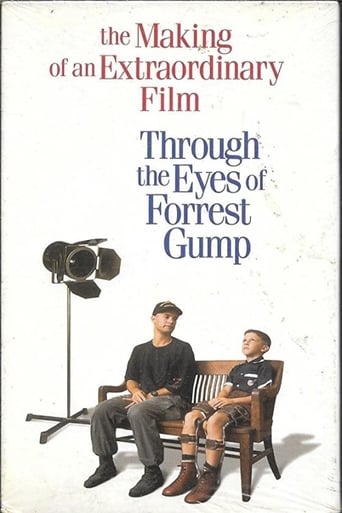
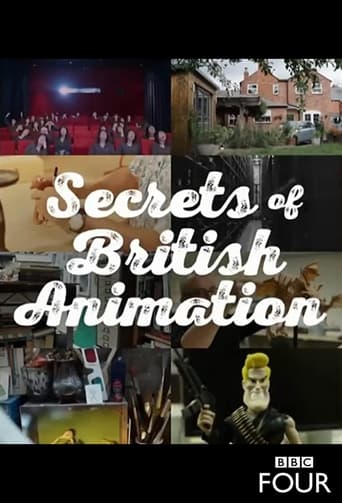


You May Also Like
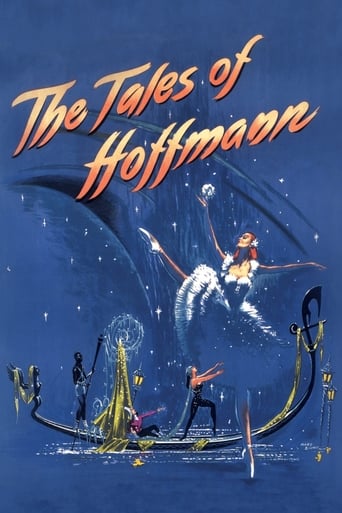
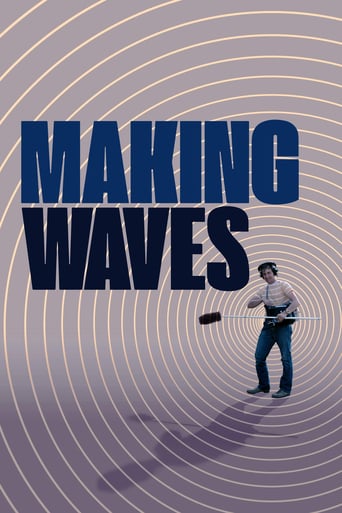
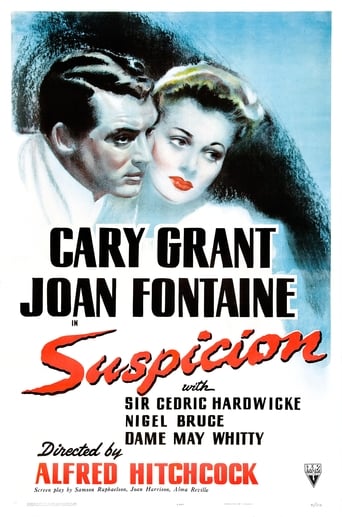
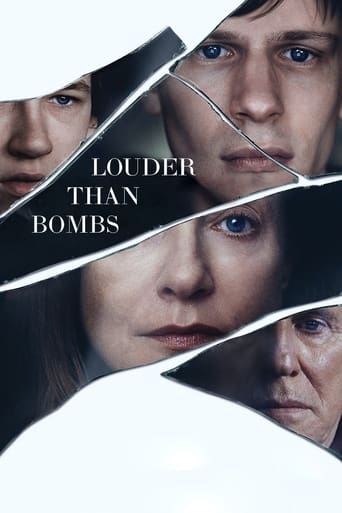
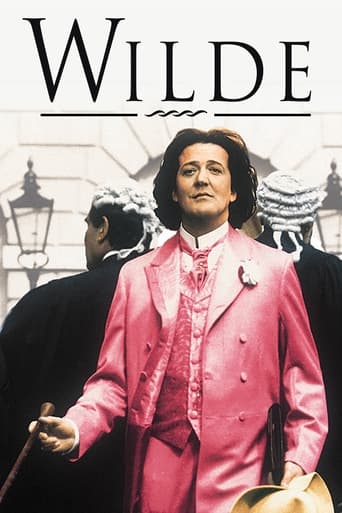
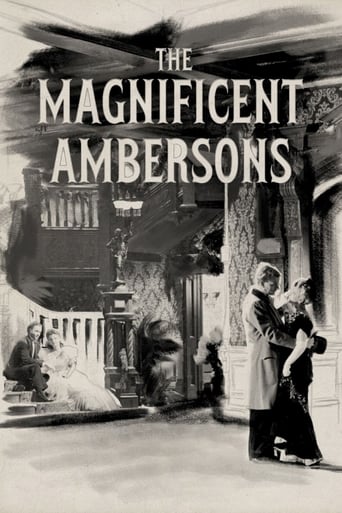
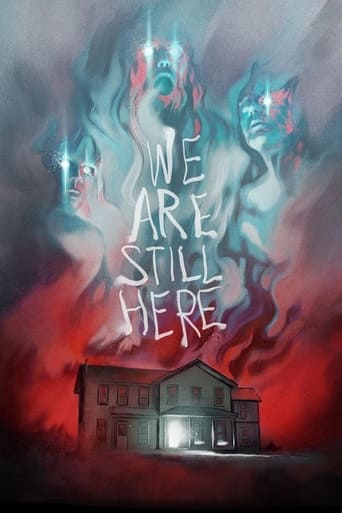
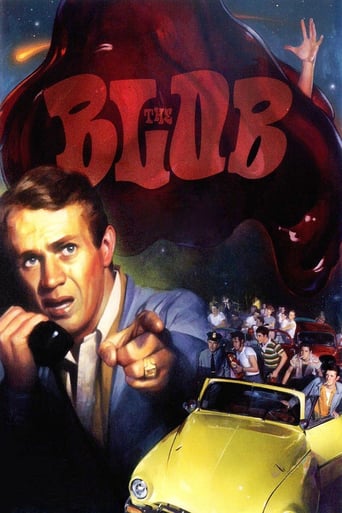
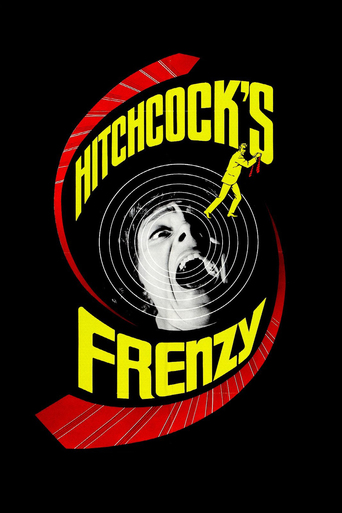
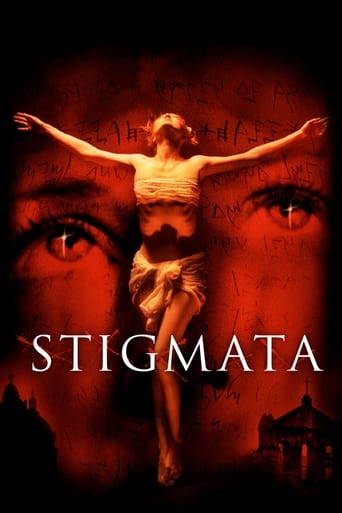
Reviews
One of my all time favorites.
Excellent, Without a doubt!!
The storyline feels a little thin and moth-eaten in parts but this sequel is plenty of fun.
It is neither dumb nor smart enough to be fun, and spends way too much time with its boring human characters.
Today's top movie-men (Wes Anderson, David Fincher, Martin Scorsese and Richard Linklater among them) reflect on French filmmaker François Truffaut's 1966 book "Hitchcock/Truffaut", wherein an eight-day meeting was arranged in 1962 Los Angeles between Alfred Hitchcock (who had just completed "The Birds") and Truffaut, who had released only three films but who had met Hitchcock before in Paris and struck up a friendship. The interview book with rare photographs took Hitchcock through each one of his movie titles, giving readers a then-rare glimpse into his thought processes, his behind-the-scenes troubles, his triumphs and regrets. Although portions of Truffaut's original recorded interview are heard throughout, the picture (heavy with clips) becomes, predictably, a tribute to Hitchcock's body of work--with, even more predictably, a heavy emphasis on "Vertigo" and "Psycho". Most revealing are the passages from Truffaut's interview, including the famous quote wherein Hitchcock referred to actors as cattle (after finishing a story on working with Method actor Montgomery Clift on "I Confess"). Hitchcock didn't believe in giving his players any free room within his productions to expand on their characters--character content was secondary, everything was planned out visually from the beginning--yet Hitchcock's temperament or volatility (if, indeed, any) isn't touched upon here. This is a reverent piece of work, an enjoyable but mild documentary without intrusive surprises. **1/2 from ****
1997:After watching Hitchcock's superb Young and Innocent my dad showed me a fantastic looking book called Hitchcock/Truffaut,which along with having an interesting interview on the title,was also filled with startling still images.2016:Seeing a few tantalising clips of their new shows,I decided to take a look at Channel 4 on Demand for new eps.Expecting to find Comedy titles on the front page,I was surprised to discover that a doc had recently been made about the book!,which led to me joining Hitchcock/Truffaut.The outline of the doc:Despite coming from a completely different world of cinema, François Truffaut finds himself to become a huge fan of fellow film maker Alfred Hitchcock. Interested in being able to discuss Hitchcock work in depth, Truffaut asks Hitchcock if he can do an extensive interview with him,and turn it into a book.Hiring interpreter Helen Scott to help,Hitchcock and Truffaut get set to meet.View on the film:Whilst strangely offering no discussion on what was a major collaboration for Hitchcock, directors Serge Toubiana & Kent Jones use Bernard Herman's classic scores to underline the pace of conversations,from the lively,snappy exchanges over Psycho,to the quiet contemplation over Vertigo. Bringing the voices of the directors off the page,Jones and Toubiana unveil an extraordinary amount of audio and visual archive,with the level that Hitchcock let his guard down being highlighted in Hitchcock asking for the tape recorder to be turned off for "off the record" stories. Allowing others to join in on this famous filmmaking encounter, Jones and Toubiana look at the impact of the book,and expand on some of the original conversations with energetic interviews from David Fincher and Martin Scorsese,as Truffaut meets Hitchcock.
I think if I were a budding film buff, this would be one of the essential movies in my collection. I even remember when I was about 13/14 years old when the Starz channel had some made-for-TV doc in the late 90's about Hitchcock (it featured Bogdanovich saying the exact same words, I can remember them it's that clear, about Psycho as he does in this doc, plus De Palma, who isn't here perhaps as it'd be too obvious), but it has the bonus of being about this book and what that was all about: understanding film grammar and an artist's worldview. What is that worldview? Cinema, and pure cinema, as much as possible, even when it doesn't make sense. Actually Hitchcock addresses that in one of the audio excerpts that were recorded for the book: "logic is dull." It's all talking heads, but that's fine as well - while I might have liked a little more of the tension between the two directors elaborated on (I may also have more insight from reading a biography on Hitchcock where the whole Truffaut book interview) where at times this was more probing and uncomfortable on Hitchcock's part, it still works - because this is made for two audiences: those who know a lot about Hitchcock, and those who may be more casual, like only seen Psycho or Vertigo or North by Northwest at best. Or for young people who may be told about Hitchcock or that something is Hitchcockian, to come across this is an excellent little film seminar, if not film school, which has the wise choice of showing clips from most of the major Hitchcocks, but also the silents (a piece on Easy Virtue is wonderful, as well as extolling a few of the really pure cinematic moments of Topaz).But what is "pure" cinema in the Hitchcock sense? Not having to explain much, not even having to rely on the usual exposition-logic that bogs films down sometimes, especially in modern cinema. For Hitchcock a way of elevating a thriller or simple suspense picture or a movie about a man stabbing a woman in a shower to something close to poetry is about manipulating time. While becoming a master of manipulating time and space (and space being something taken for granted by filmmakers, here it's emphasized several times and for good reason), it comes down to a mixture of... knowing the most effective ways to tell the story, to know more-so what *not* to show than what to do, having your actors properly know what they're doing and bring an emotional dimension that the director can't bring (which could bring conflict with a guy like Montgomery Clift), and having the ability to bring the personal into the commercial.While one can certainly say with good reason "well, just go read the book", I think Kent Jones' aim is to make clear how much of a global impact, from movie lords like Scorsese and Fincher and Linklater to the French (Assayas and Desplain) to Kiyoshi Kurosawa, this man had on cinema, and that the book was a force for real change and reevaluation of what cinema meant to the art form. There's the temptation at different times, depending on how one looks at his career, to say that HItchcock got too much attention and also not enough, which is what Truffaut did as being simply a gigantic fan himself. So it makes sense that the highlights of the doc are long looks at Vertigo (how Scorsese breaks down individual sequences would make this a recommendation for me alone) and Psycho, and how the power of the film came and still comes from what Hitchcock does to his audience's expectations: "I'm not going to give you what you want, I'm going to give you something else." In about 80 minutes I got what I wanted and hoped for: a fun and loving tribute to a man's career through another artist's work (Truffaut gets a little time as well via 400 Blows and Jules & Jim), though it's not without a few little touches of self-doubt (what if he had done *more* experimentation, not stuck in the thriller genre his whole career). I only wish it was longer.
HitchcockTruffaut is a documentary about director Alfred Hitchcock inspired by the book of the same name produced by François Truffaut shortly before his death in the early 1980's. The documentary shows pictures of Truffaut and Hitchcock during the course of Truffaut's extensive interview with Alfred Hitchcock as well as frames from some of his greatest films. This film provides a great understanding of Hitchcock as an artist or "auteur", a term associated with great directors who told their stories using the medium of film, not simply shooting actors performing a story. The visuals for Hitchcock were the essence of his art. He planned the sequence of a movie scene by scene and then used each scene in a series to make the film. As one of the interviewees pointed out, he "wrote" the story using the camera. We see modern directors, particularly Martin Scorsese and Peter Bogdonavitch, commenting on the artist's method of filmmaking. Scorsese saw Hitchcock as a ground-breaker who brought about a new sense of what film was about and freed it from the staid conventions that had grown up around it. Hitchcock himself was trained in filmmaking during the silent era when movies did not rely on sound but told the stories through the visuals. It was very revealing to see works like Saboteur, Vertigo and Psycho analyzed by showing the visual imagination behind the scenes that gripped audiences in each of these works. There was a great friendship between Hitchcock and Truffaut. Truffaut greatly respected and elevated the stature of the man, who had been overlooked to a large extent by Hollywood, which failed to give him an Oscar until he received a special award near the end of his life. Of course Hitchcock was very successful but his true artistry was overlooked by his huge audience, which didn't see the brilliant imagination behind the camera. This is a great documentary that anyone interested in movie making would benefit from viewing.
Top Streaming Movies











